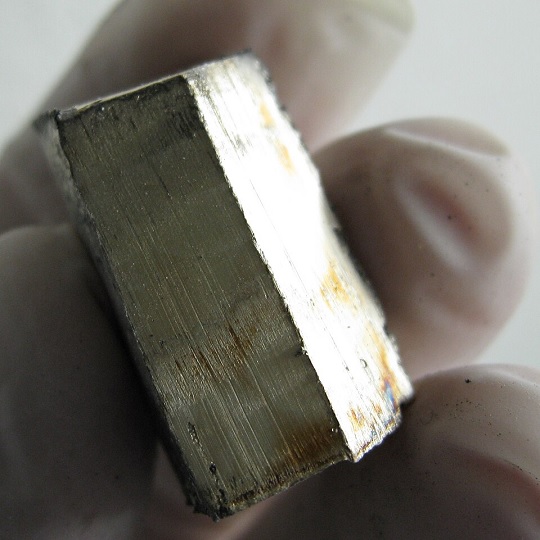Germany and Bolivia lithium partnership
Rio de Janeiro (dpa) — Foreign Minister Johann Wadephul said he wants to strengthen Germany’s partnerships with Bolivia as Berlin looks to reduce its dependence on China for critical raw materials such as lithium.
“Bolivia is rich in raw materials, especially lithium, which is indispensable for our energy transition, for electric mobility and for many other sectors in Germany,” Wadephul said ahead of his visit to the resource-rich South American country.
Bolivia holds the world’s largest lithium reserves, a key component for batteries and electric vehicles as well as for portable electronics such as smartphones and laptops, and in solar and wind power systems.
Demand for lithium-ion batteries is rising rapidly and the German government wants to reduce reliance on China in this area.
Wadephul said Bolivia also offers impressive potential regarding rare earths, another group of critical raw materials. “Our potential for cooperation is large,” the German foreign minister added.
Germany and Bolivia lithium partnership
In the south-eastern city of Santa Cruz, Wadephul is due to meet the new Bolivian president, Rodrigo Paz Pereira, who is regarded as a moderate reformer. Meetings are also planned with the new foreign minister, Fernando Hugo Aramayo, as well as with business representatives.
Paz, from the Christian Democratic Party, won a run-off election in October. The election ends almost two decades of left-wing governments, which were long marked by a power struggle between former president Evo Morales and outgoing head of state Luis Arce of the left-wing Movement for Socialism (MAS).
Paz inherits big challenges, including a deep economic crisis marked by high inflation, shortages of fuel and food, and an acute lack of medicines.
Bolivia, a landlocked country with around 12 million inhabitants, is one of South America’s poorest nations.
©2025 dpa GmbH. Distributed by Tribune Content Agency, LLC.


